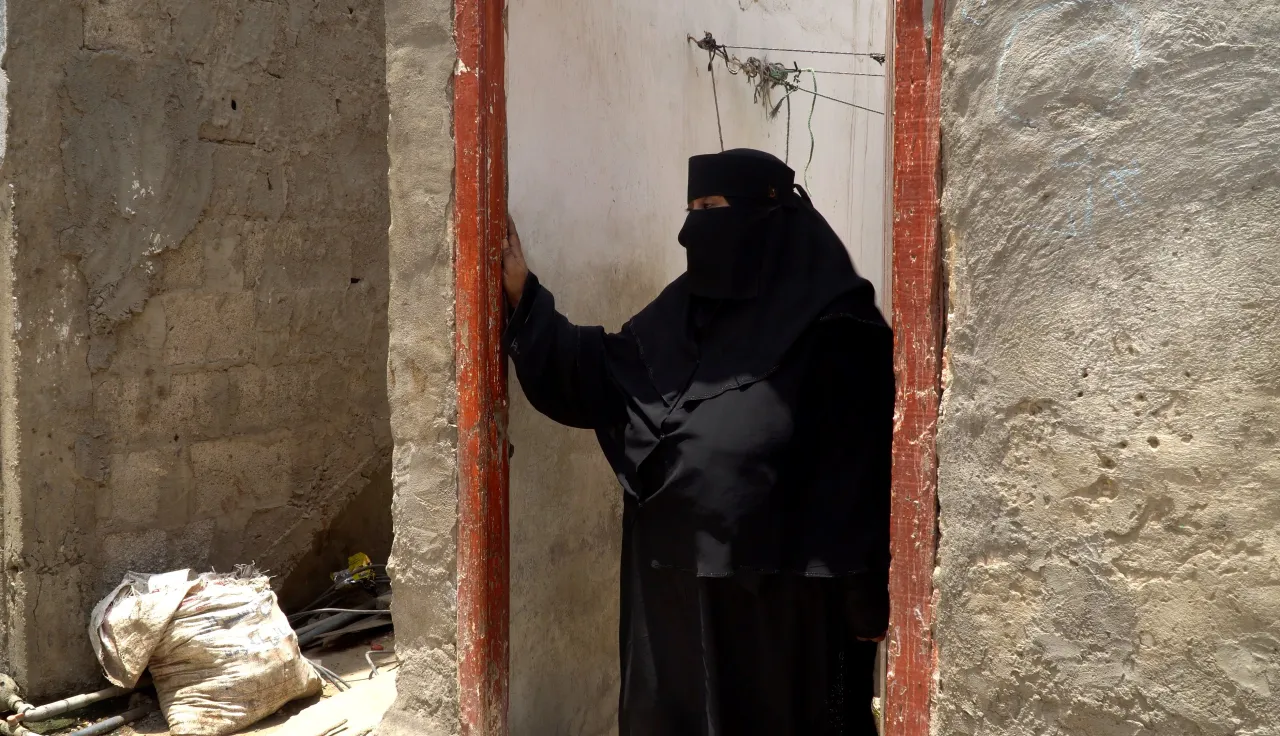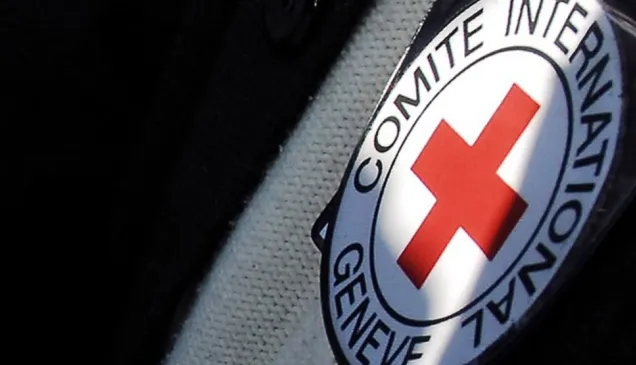Standing in the face of absence: “The past ten years have been the most painful of my life. Yet I still endure”

In a small, crowded neighborhood of Aden, in Yemen, the walls of Arwa’s modest home hold ten years of silence. A mother of two, Arwa, is also a caregiver to the five children of her missing husband. For more than a decade, she has lived with a wound that never closes: the disappearance of the man she built her life with.
“I still remember the day he didn’t come home,” she says softly, her hands tightened in her lap. “At first, I thought it was a mistake, that maybe he was delayed. But as the days turned into months, and the months into years, the waiting became unbearable. My children kept asking, ‘When is Baba coming back?’ I had no answer.”
Before her husband disappeared, Arwa’s life was ordinary. She had finished secondary school and dreamed of going to university. She imagined a future where her children would thrive, where she could continue her education. Her days were filled with simple routines, caring for her family, cooking meals, waiting for her husband to return from work. That ordinary life ended in a single moment of absence.
Suddenly, Arwa was no longer just a wife and mother. She became the sole provider, the decision-maker, the one everyone leaned on. “I started to feel like there was something bigger than me,” she explains. “Something I couldn’t carry alone.”
The years that followed were marked by hardship. Money was always scarce. Some of the children had to leave school. She fought to bring some of them back, determined that their future would not be lost too. “The past ten years were the most painful of my life,” she said with tearful eyes. Just as she began to rebuild some stability, new griefs fell on her shoulders: the death of her husband’s eldest son, the passing of her husbad’s brother, the illness of her mother-in-law, hit by a stroke and unable to remember most things except one. In rare moments of clarity, the elderly woman asks, “Where is my son?”
For Arwa, those words cut like a knife. “I am trying to help my children cope with the absence of their father,” she says. “But even now, I still feel stuck in the same pain. Some days, I don’t know how I keep going.”
Her home is fragile, but Arwa holds it together with quiet strength. She cooks, cleans, tends to the children, and comforts her mother-in-law. Yet behind her resilience lies deep loneliness. “I don’t have anyone to lean on,” she admits. “I carry this all by myself.”
Still, there are sparks of light. When her children achieve something, a finished grade, a small success, she feels a momentary pride. In their victories, she sees glimpses of the future she once imagined.
Her voice carries a message for others enduring the same silence: “You are not alone. We must keep hoping. We must keep searching. Keep looking for your loved ones, ask for information, never stop calling for answers. Searching is not a choice. It is our duty. It is their right.”
Then she adds, almost in a whisper: “The missing person is not the only one who suffers. We suffer too. We live with absence every day, me and the children, just trying to survive, trying to stay strong.”
Arwa’s story is one among thousands in Yemen and beyond of families living suspended between grief and hope. She reminds all missing families, in strong words, what should not be forgotten: “Don’t stop searching. Don’t lose hope. Because hope is the last thing we should ever give up.”
The ICRC’s work for the missing in Yemen
Across Yemen, thousands of families live with the anguish of not knowing the fate of their loved ones. The International Committee of the Red Cross (ICRC) works to help families of the missing by supporting mechanisms to clarify the fate and whereabouts of those who have disappeared.
To achieve this end, ICRC registers the Missing persons from their families, searches in all possible places, negotiates with authorities and armed groups, as well as coordinates with other relevant stakeholders to clarify the fate of these missing persons. Similarly, ICRC continues to be in touch with the families of the missing, accompanying them in their search, and when possible, providing psychosocial and economic support to ease the burden of uncertainty.



